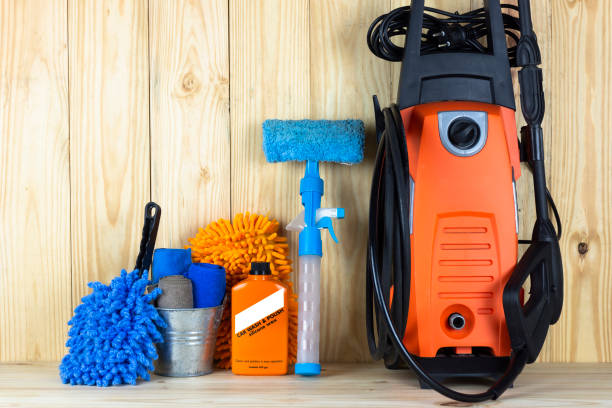When home or vehicle maintenance tasks arise, homeowners and car owners are often at a crossroads: roll up your sleeves for a DIY fix or call in the professionals? This decision can have implications for costs, time, and the quality of the work, potentially affecting your home's safety and value or your vehicle’s performance and longevity. In this detailed guide, we will explore both routes to help you make an informed choice between DIY and professional maintenance.
Understanding the Basics of DIY Maintenance
DIY, or Do-It-Yourself, refers to tasks that you manage on your own, without the aid of a professional. There are several reasons why many opt for DIY:
- Cost Savings: Typically, this is the most appealing aspect of DIY. You avoid labor costs by handling the job yourself.
- Learning Opportunity: Tackling maintenance tasks provides a chance to learn new skills and gain knowledge about how components function.
- Flexibility: You can schedule the work according to your own timeline, making it easier to work around personal commitments.
However, DIY is not without its drawbacks:
- Risk of Mistakes: Without comprehensive know-how, DIY projects can potentially lead to mistakes, requiring costly fixes later on.
- Time Consuming: Depending on the complexity, DIY projects might take longer than anticipated, consuming valuable personal time.
- Lack of Specialized Tools: Some maintenance tasks require specialized tools, which could be an additional investment.
When to Choose DIY Maintenance

Simple Home Maintenance Tasks
Certain home maintenance tasks adequately suit the DIY route due to their simplicity or the minimal risk involved. These include:
- Changing air filters
- Unclogging drains
- Basic garden care
- Painting
- Replacing hardware and fixtures
Vehicle Maintenance
For car enthusiasts or those looking to save on vehicle upkeep, some maintenance tasks can be self-managed, such as:
- Changing oil and filters
- Replacing windshield wipers
- Installing new headlights or batteries
- Basic tire maintenance including rotation and changing
The Role of Professional Maintenance

Professional maintenance, while often more costly, comes with several significant advantages:
- Expertise: Professionals possess the necessary skills and training to handle complex issues safely and efficiently.
- Quality and Warranty: Services are typically guaranteed with a warranty, offering peace of mind that the work is durable and reliable.
- Advanced Tools and Equipment: Professionals have access to the latest tools and technologies that may not be cost-effective or practical for individual investment.
Drawbacks include:
- Higher Costs: The most obvious drawback is the cost associated with hiring professionals.
- Availability: Scheduling repairs might require flexibility on your part, adapting to the service provider’s schedule.
When to Hire a Professional
Complex Home Maintenance Tasks
Some tasks should nearly always be left to professionals, especially those that can affect the integrity of your home or pose significant safety risks. Examples include:
- Electrical work
- Plumbing installations
- Foundation repairs
- Roof repairs or replacement
- HVAC installation and major repairs
Advanced Vehicle Maintenance
Similarly, certain automotive tasks should be handled by experienced technicians, particularly those that involve the vehicle’s safety and operational systems:
- Transmission repairs
- Engine diagnostics and repairs
- Suspension overhauls
- In-depth electrical system repairs
Conclusion: Balancing DIY and Professional Maintenance

The decision between DIY and professional maintenance doesn’t have to be an all-or-nothing approach. For optimal balance:
- Assess your skills and the risks involved with each task.
- Consider the long-term value and safety when deciding.
- Don’t hesitate to combine both approaches as needed, handling simple maintenance yourself and leaving more complex issues to professionals.
For a step-by-step breakdown of what you should be checking regularly, see our Routine Maintenance Checklist for RV Owners.
In conclusion, a thoughtful assessment of each situation, considering cost, time, safety, and quality, will guide you to the right choice between DIY and professional maintenance, ensuring both efficiency and peace of mind.













